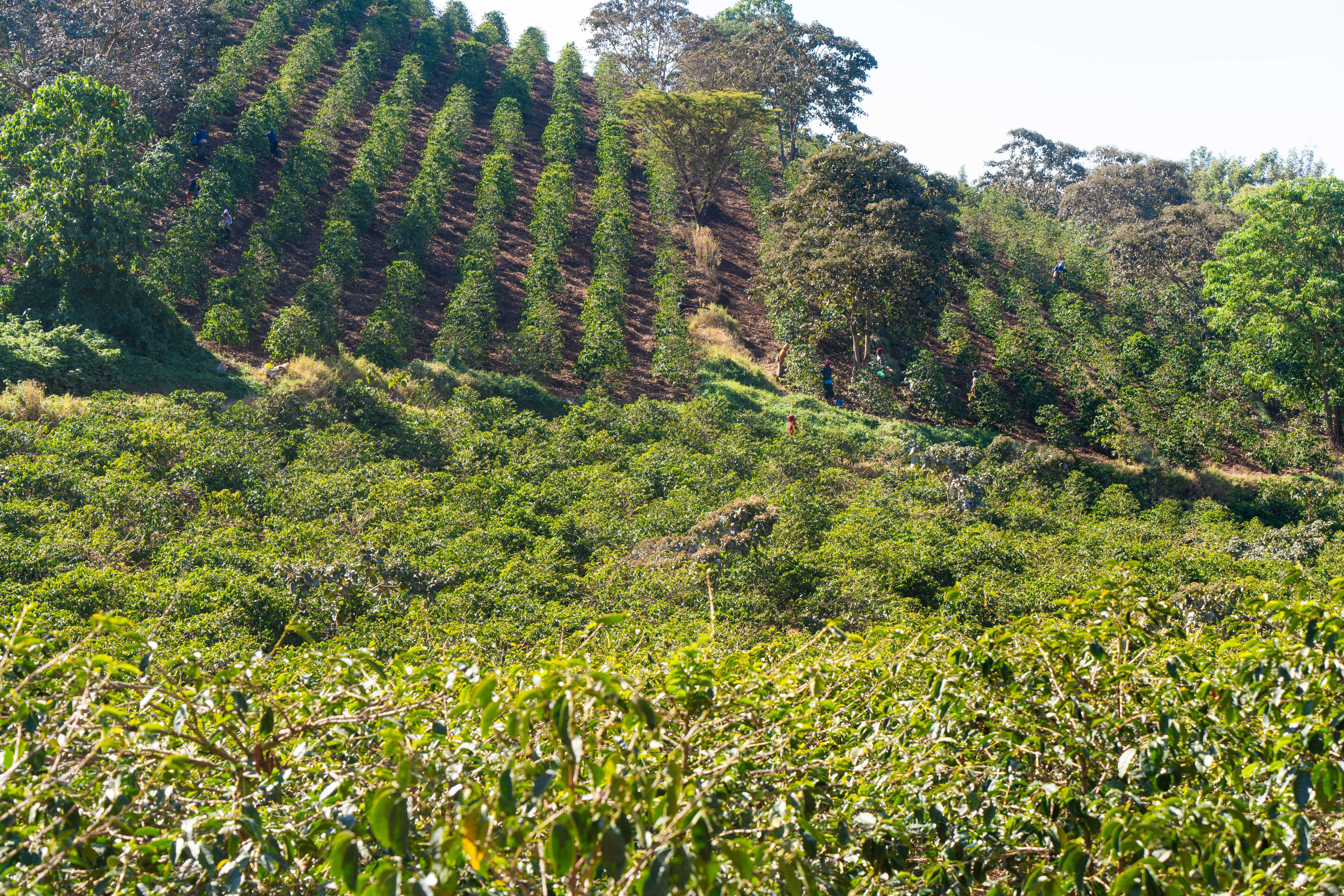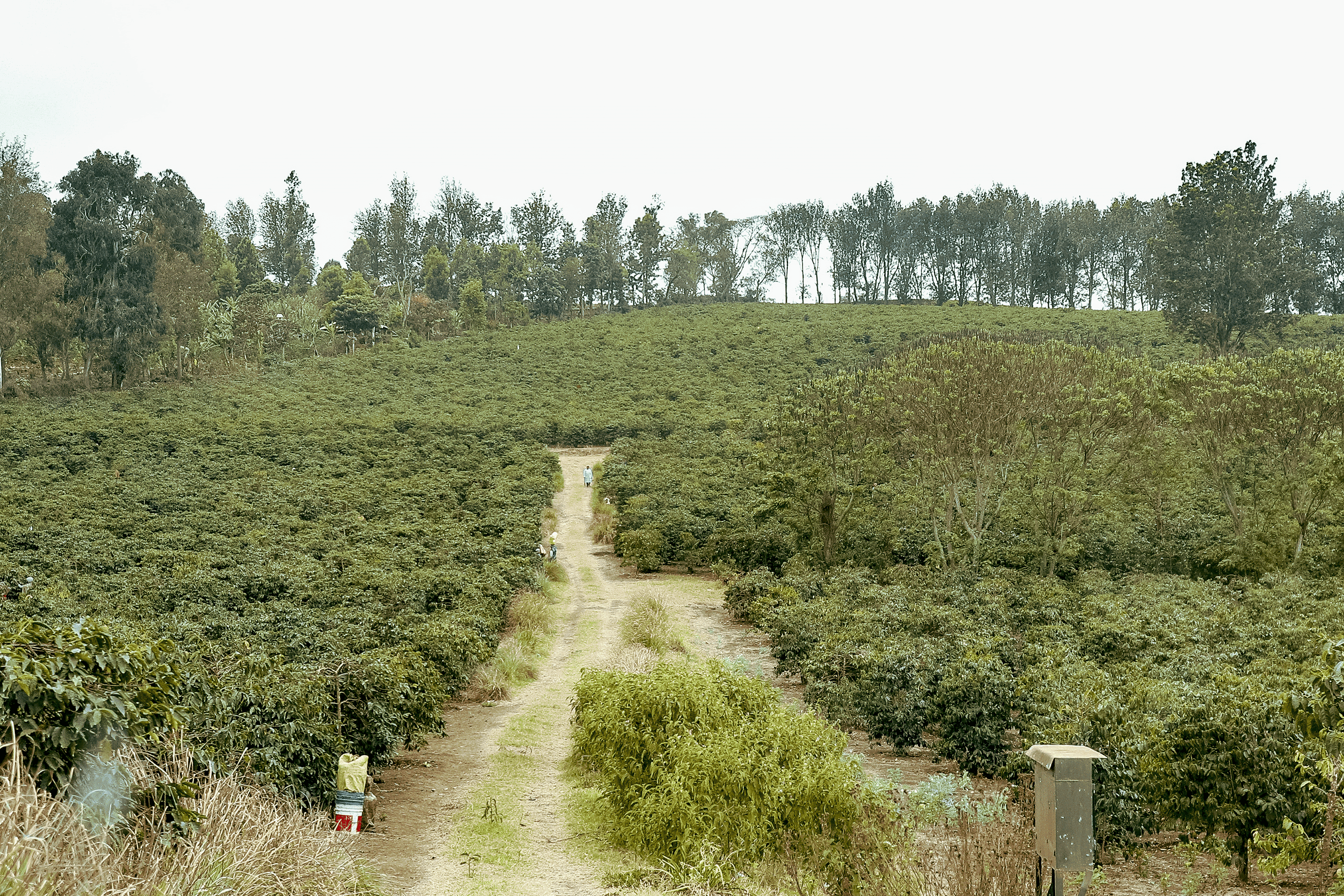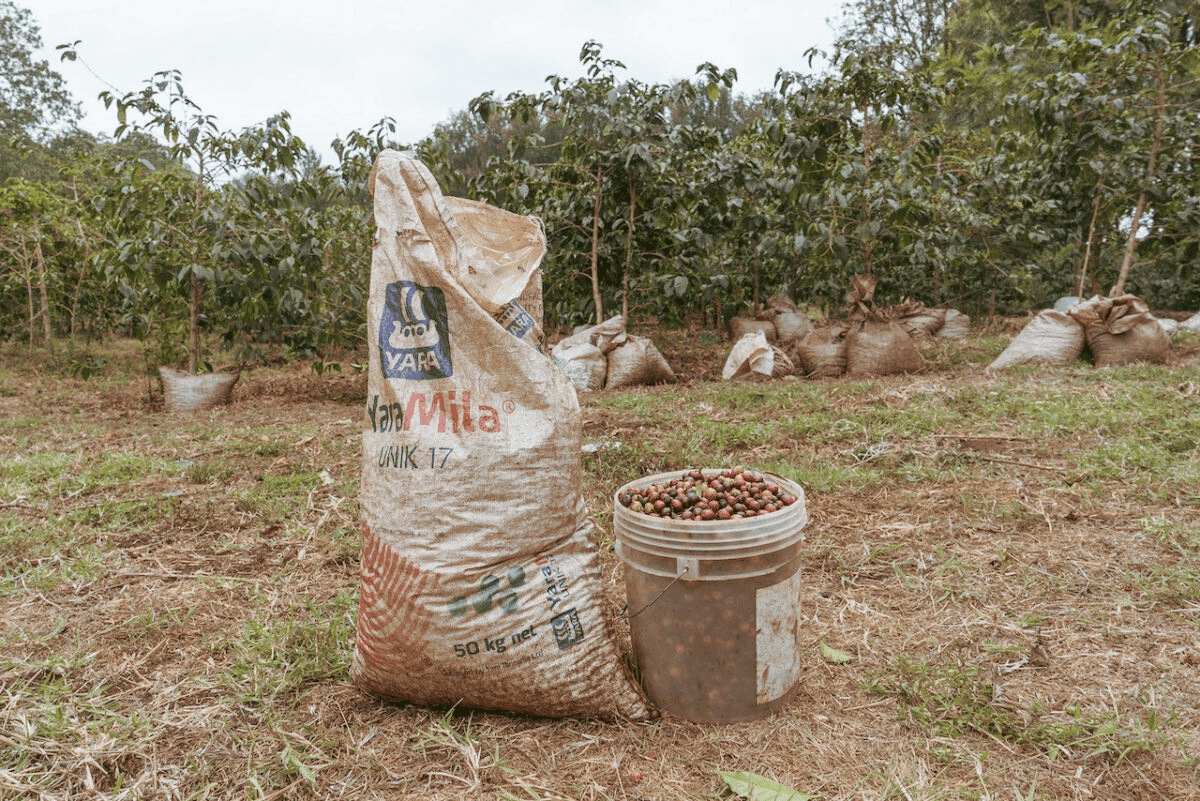

Tanzania, located in the heart of East Africa, is home to Mount Kilimanjaro, the continent's highest peak at 5,895 meters. The country boasts seven UNESCO World Heritage sites, four of which are natural and three cultural. The Serengeti National Park and Kilimanjaro National Park in the north are particularly popular tourist destinations, known as the inspiration for the Disney movie "The Lion King." Tanzania is a nation of over 100 ethnic groups, yet it is recognized as the most peaceful and stable democracy in East Africa. This stability was established by the country's founding father and first president, Julius Nyerere (1922-1999). His portrait, alongside images of wild animals like lions and African elephants that thrive on the savannah, is featured on the country's banknotes. After gaining independence from Britain in 1961, Nyerere consistently pursued his vision of an egalitarian society through "Ujamaa" socialism, a concept derived from the Swahili word for "familyhood" or "brotherhood." He designated Swahili as the official language and made primary education free, resulting in nearly 100% of the population being able to understand Swahili. Nyerere's Ujamaa village plan aimed to foster self-sufficient rural development by promoting communal farming, sometimes forcibly relocating people to achieve this. However, the expansion of the bureaucracy, widespread corruption, and the war with Uganda compounded the country's challenges, plunging the economy into a severe downturn by the early 1980s. Although Nyerere's idealistic approach to nation-building did not yield the desired economic growth, Tanzania has managed to avoid civil wars and coups since its independence, a rarity in a continent where ethnic conflicts frequently erupt.

Historical records indicate that coffee was brought from Ethiopia to Tanzania, where the Haya people in the northwest consumed it as a stimulant. By the 19th century, Catholic missionaries brought coffee from Réunion Island, and under German colonial rule, coffee production flourished, particularly in the northern regions. After Tanzania gained independence in 1961, the government established large coffee plantations in the southern part of the country and sought to introduce a cooperative system. However, this initiative was largely unsuccessful, as most producers rejected the system, leading to the dissolution of many cooperatives. The coffee industry was privatized in the early 1990s, leading to significant improvements in the system, including the introduction of auctions and grading by the Tanzania Coffee Board (TCB), with classifications like AA and AB. Producers were given the flexibility to either auction their coffee through the Moshi Coffee Exchange or directly negotiate prices with buyers and exporters. The primary export destinations for Tanzanian coffee are Japan and the United States. Japan, in particular, has successfully established the "Kilimanjaro" brand, which enjoys consistently high demand. About AMCOS In 2018, the rules governing coffee distribution in Tanzania underwent a sudden change. Producers were no longer allowed to sell coffee directly to buyers or exporters; instead, they could only sell through Agricultural Marketing Cooperative Societies (AMCOS). These cooperatives were set up in different regions of Tanzania, and coffee was sold at the AMCOS level. This shift caused significant confusion among many in the coffee industry. One of the disadvantages of this system is that buyers who had invested in specific producers could no longer purchase coffee directly from them, making it harder for producers to secure investments. Additionally, buyers lost the ability to be involved in the processing stage, complicating quality control and the production of coffee tailored to specific needs. However, there are also advantages to this system. Producers are ensured fair compensation through AMCOS, and the high-quality coffee that was previously sold directly could now be traded through the cooperatives, potentially raising overall awareness of quality among producers. Notably, this rule does not apply to large estates with special permits, but since 90% of Tanzanian coffee producers are small-scale, the impact of this rule change on the country's coffee industry is significant. While the Tanzanian coffee industry is still developing, it undeniably holds great potential, making it a highly anticipated origin among buyers worldwide.
Warehoused
Mary Super 2021/22
Producer/Curator:
Mary Super
Our first encounter with Mary was by chance. An acquaintance of ours living in Dar es Salaam became friends with a barista at a nearby specialty coffee café and introduced us to Mary, saying, “I know someone you may be interested in!” Mary works as a coffee consultant in Mbeya, a city in southwestern Tanzania, and is trusted by many overseas buyers…Read More
723roasters are interested
31roasters purchased
Sample Request :
Start
End
Pre-oder :
Start
End
Warehoused
Leon Christianakis 2021/22
Producer/Curator:
Leon and Aideen Christianakis
We visited Tanzania for the first time this year. After traveling in the south of Tanzania, we arrived at Kilimanjaro airport late at night and were warmly welcomed by Leon. From the moment we met him, we felt his calm and gentle nature and was a kind gentleman…Read More
3,112roasters are interested
372roasters purchased
Sample Request :
Start
End
Pre-oder :
Start
End
Price
5.8 USDFOB/kg
Quantity
0/0 bags (60kg)
Samples
Out of Stock
-
Price
5.8 USDFOB/kg
Quantity
0/0 bags (60kg)
Samples
Out of Stock
-
Price
5.84 USDFOB/kg
Quantity
0/0 bags (60kg)
Samples
Out of Stock
-
Price
7 USDFOB/kg
Quantity
0/0 bags (60kg)
Samples
Out of Stock
-
Price
7 USDFOB/kg
Quantity
0/0 bags (60kg)
Samples
Out of Stock
-
Price
8 USDFOB/kg
Quantity
0/0 bags (60kg)
Samples
Out of Stock
-
Price
8 USDFOB/kg
Quantity
0/0 bags (60kg)
Samples
Out of Stock
-
Price
7 USDFOB/kg
Quantity
0/0 bags (60kg)
Samples
Out of Stock
-
Price
7 USDFOB/kg
Quantity
0/0 bags (60kg)
Samples
Out of Stock
-
Price
7 USDFOB/kg
Quantity
0/0 bags (60kg)
Samples
Out of Stock
-
Price
7 USDFOB/kg
Quantity
0/0 bags (60kg)
Samples
Out of Stock
-
Price
7 USDFOB/kg
Quantity
0/0 bags (60kg)
Samples
Out of Stock
-
Price
10 USDFOB/kg
Quantity
0/0 bags (30kg)
Samples
Out of Stock
-
Price
10 USDFOB/kg
Quantity
0/0 bags (30kg)
Samples
Out of Stock
-
Price
15 USDFOB/kg
Quantity
0/0 bags (30kg)
Samples
Out of Stock
-
Price
15 USDFOB/kg
Quantity
0/0 bags (30kg)
Samples
Out of Stock
-
Price
33 USDFOB/kg
Quantity
0/0 bags (30kg)
Samples
Out of Stock
-
Price
33 USDFOB/kg
Quantity
0/0 bags (30kg)
Samples
Out of Stock
-